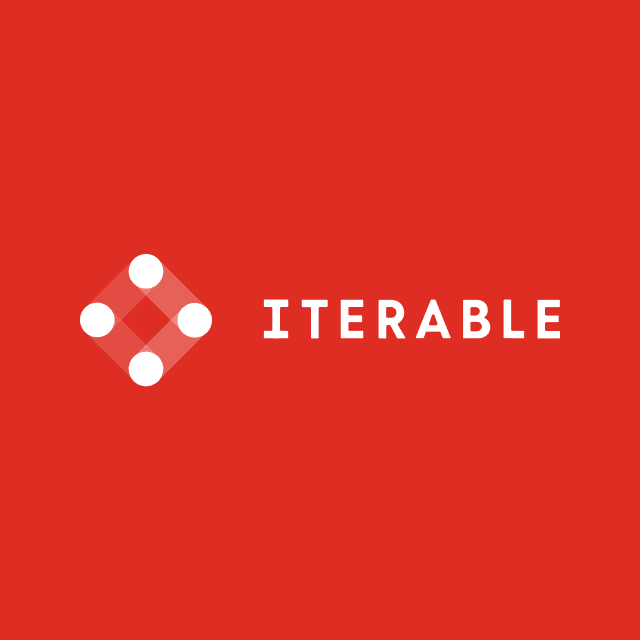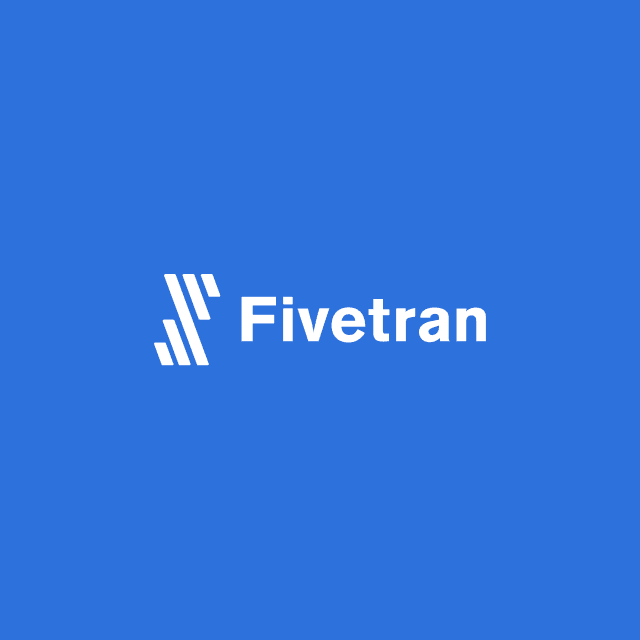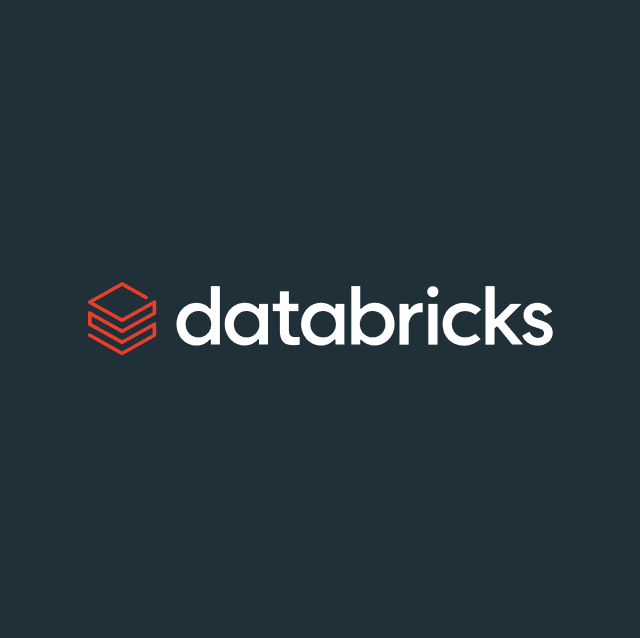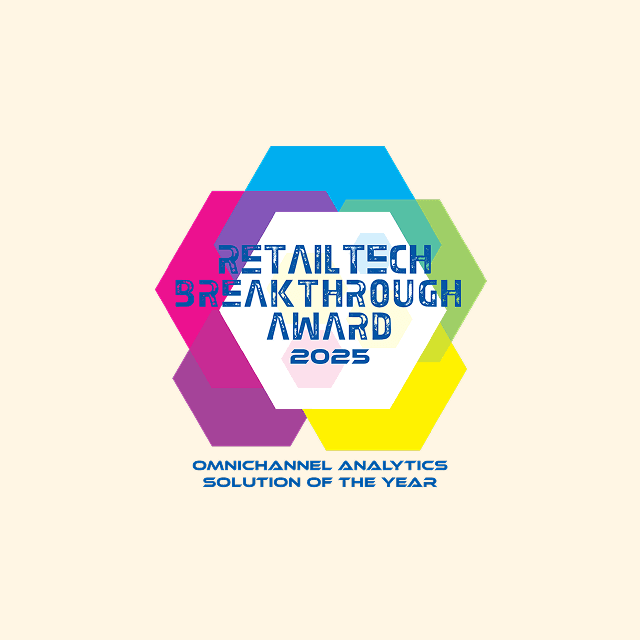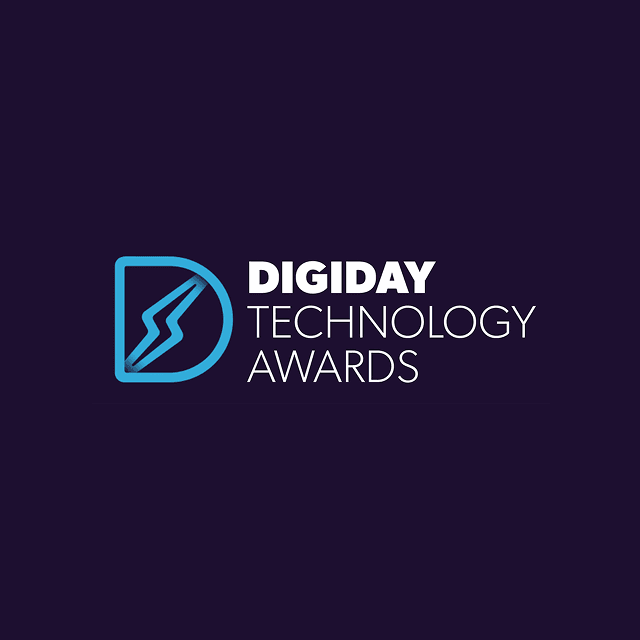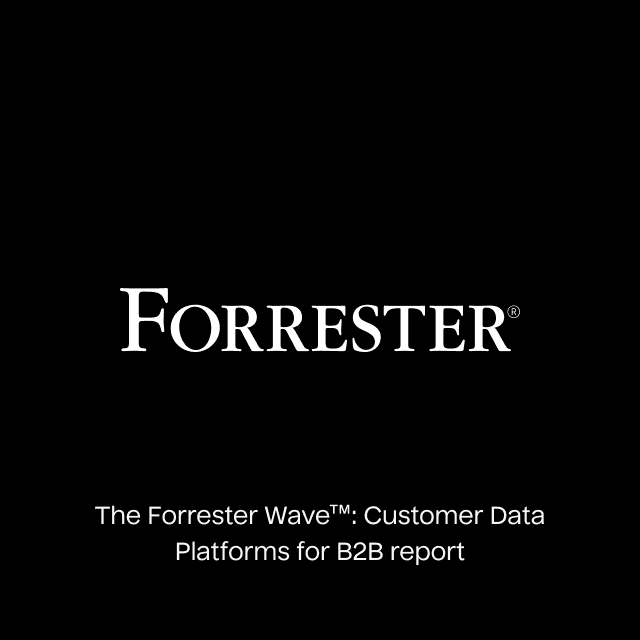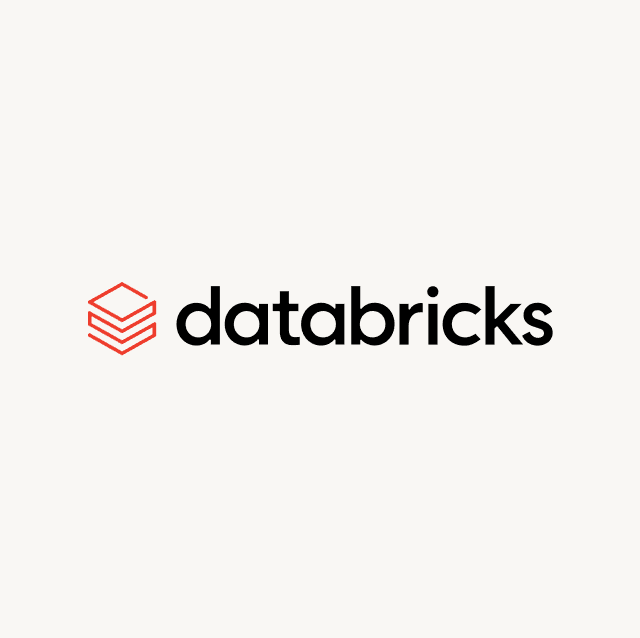If you’ve been keeping up with tech news, you’ve likely heard the buzz around AI agents. From conference stages to industry blogs, the term is everywhere, and for a good reason.
But what exactly are AI agents, and why should marketers care about them?
What is an AI agent?
Simply put, an AI agent is a computer program that performs tasks independently using artificial intelligence (AI). These agents can gather information, make decisions, take action, and even learn from feedback—all without the need for constant human input.
The idea of AI agents isn’t new. One of the earliest examples, developed in the 1960s, was Shakey the Robot at Stanford Research Institute. Shakey was revolutionary for its time: the first mobile robot capable of perceiving its surroundings, reasoning through tasks, and taking actions autonomously. While limited by the technology of its era, Shakey introduced many of the foundational concepts that still underpin today’s AI agents.

Created in 1966, Shakey was the first mobile robot that could reason about its surroundings. It could perform tasks that required planning, route-finding, and rearranging simple objects.
Fast forward to now, and AI agents have evolved far beyond Shakey. Thanks to advancements in machine learning (ML) and Artificial Intelligence (AI), today’s AI agents are capable of:
- Understanding context and making decisions based on nuanced inputs
- Reasoning through complex scenarios involving multiple steps and variables
- Continuously learning from feedback to improve performance over time
- Leveraging external tools, such as querying databases, connecting to APIs, and managing workflows across many systems
Some AI agents are highly visible, like customer service chatbots, while others work behind the scenes to automate tasks and optimize outcomes.
The future of marketing is autonomous
Take your marketing beyond human scale with AI Decisioning. Instead of manually orchestrating campaigns, AI agents learn from your data, run limitless experiments, and deliver the best experience for each customer. Discover how to automate decision-making, drive repeat purchases, enable upsells, and increase loyalty with continuous learning loops.


How do AI agents work?
AI agents operate through a simple yet powerful four-step cycle:
- Perceive: Gather data from sources like customer interactions, purchase histories, or web activity
- Reason: Analyze this data to determine the best course of action based on their defined goals.
- Act: Execute tasks such as sending personalized emails, optimizing ad bids, or updating customer records.
- Learn: Incorporate feedback from their actions to improve future decisions.
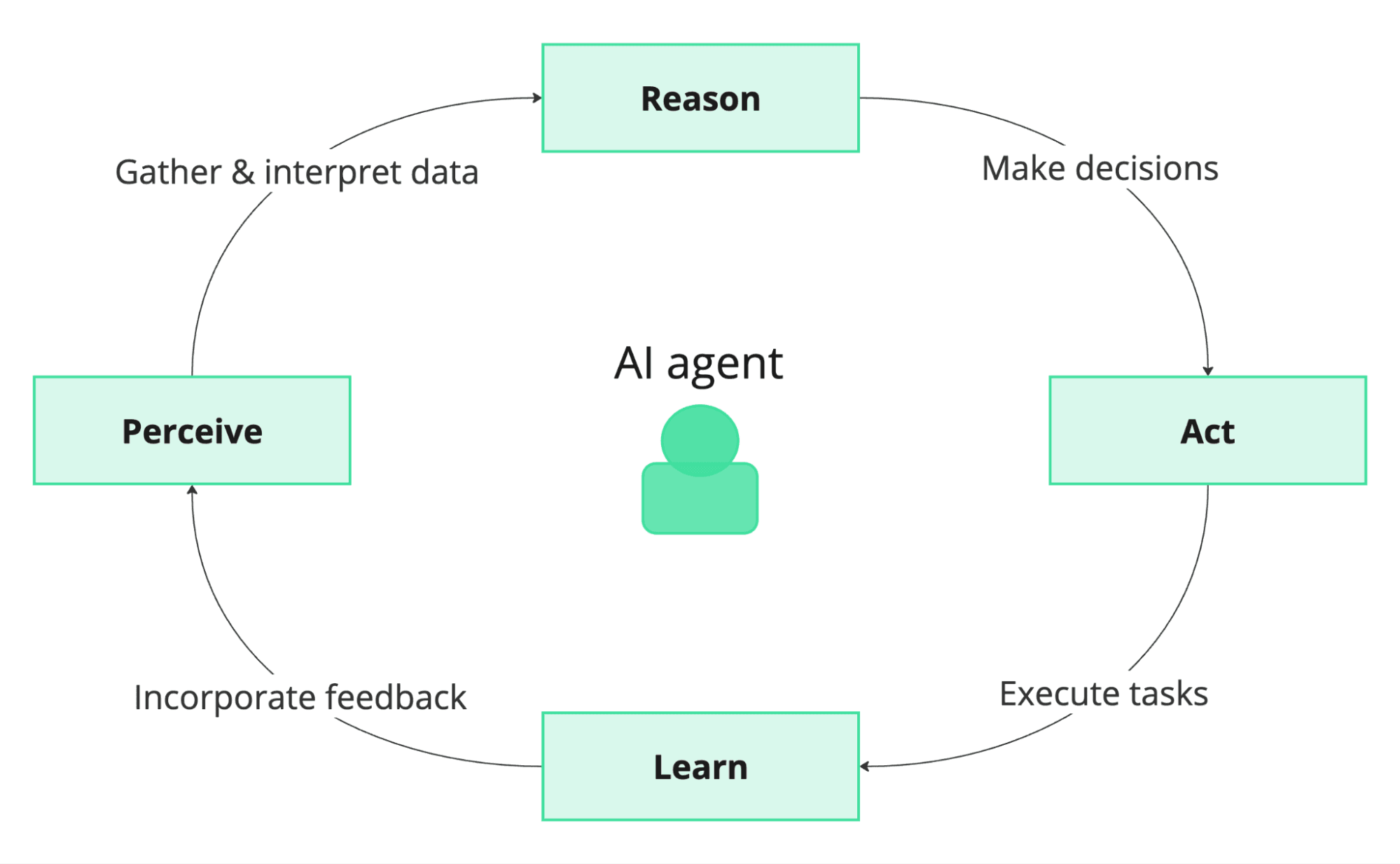
For example, an AI agent optimizing email campaigns might:
- Analyze engagement data like clicks and purchases
- Determine the best timing, channel, and content for each customer
- Continuously refine its approach based on results—all without human intervention
Now, imagine that same agent operating across every single one of your marketing channels—optimizing emails, ads, SMS, and in-app messages while aligning everything toward long-term goals like increasing purchase frequency, lifetime value (LTV), or average order value.

When you realize marketing is never going to be the same.
Why are AI agents so exciting to CMOs?
AI agents are reshaping marketing, bringing personalization and optimization at a scale that humans could never achieve alone.
- Finally, 1:1 marketing at scale: AI agents deliver truly individualized experiences, tailoring interactions to each customer’s preferences and behavior. Instead of broad audience segments, every customer gets curated content, offers, and recommendations that feel personal and relevant.
- Always-on optimization: Today, marketers have to make a lot of small decisions, where they only have to make a choice—should I guess or run rigorous experiments? For example, what’s the ideal number of times to follow up with a customer about an offer? The reality is that everyone is doing a combination because there’s simply not enough time to run experiments for everything. On the other hand, AI agents are continuously experimenting, learning, and adjusting every decision across every channel.
- More time for strategy and creativity: By automating repetitive tasks like segment creation, ad optimization, and message testing, AI agents free up marketers to focus on what they do best: storytelling, brand-building, and strategy.
Moving beyond segments
For years, marketing efforts have relied on manually creating audience segments and pushing them through specific customer journeys. But in reality, every customer is unique, with distinct preferences, behaviors, and needs. With millions of customers to serve, manual segmentation inevitably falls short.
While AI features—like predictive audiences and propensity scores—have been around for years within martech platforms, they typically address only parts of the customer experience, such as identifying high-intent users. What’s been missing is an end-to-end solution that fully automates the process of deciding who receives what, when, and how.
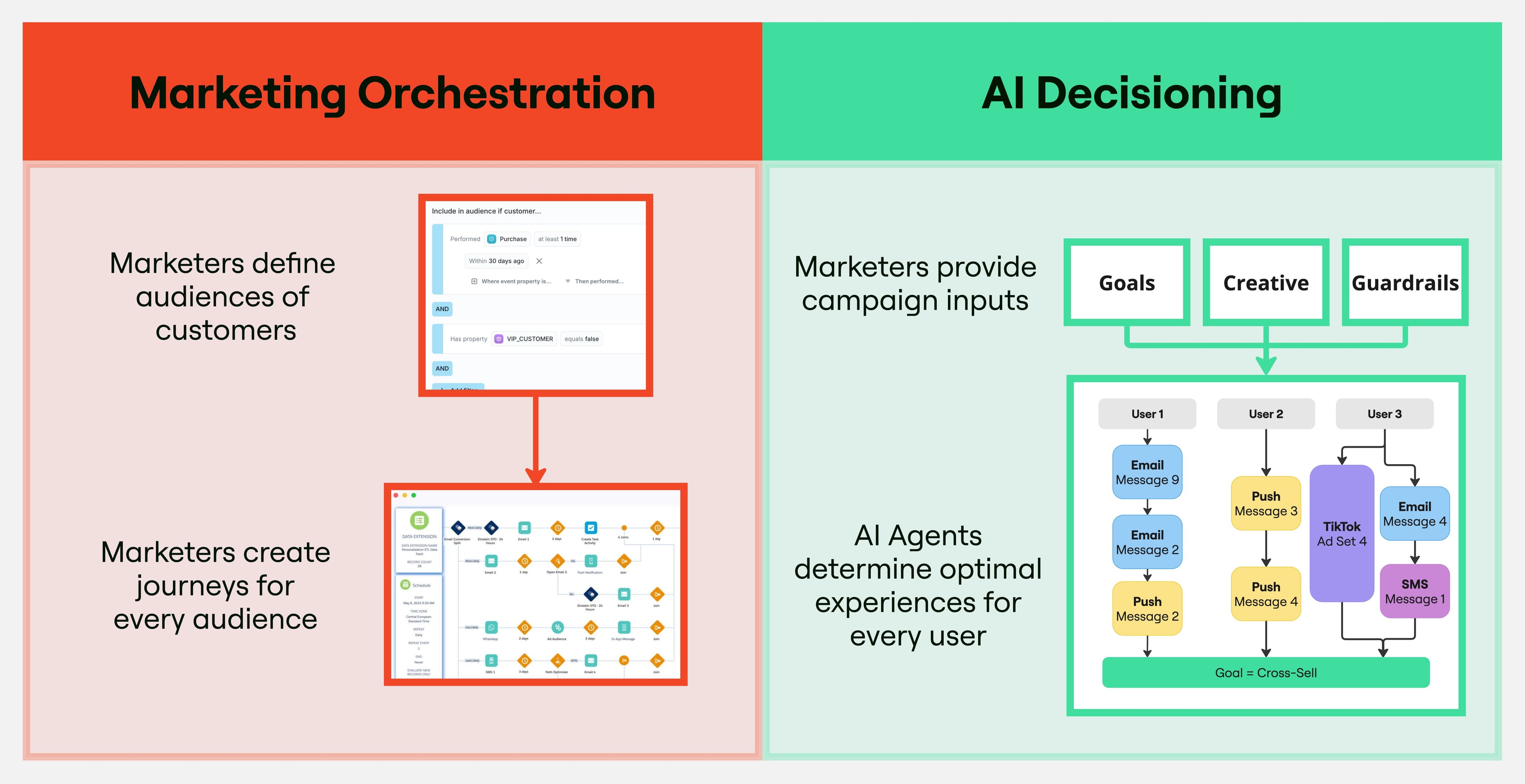
AI agents remove the manual tasks from marketing teams
What are the top marketing use cases for AI agents?
AI agents thrive in environments where they can leverage reinforcement learning, a technique that relies on a high volume of interactions and continuous feedback to improve. This makes them particularly effective for optimizing long-term, evergreen initiatives—think engagement frequency or cross-sell strategies—rather than one-off efforts like holiday promotions or major brand launches.
They also perform best at high scale, where there are millions of customer interactions to learn from. However, even businesses with smaller but highly engaged customer bases can benefit from AI agents, as the quality of interaction can outweigh sheer volume.
Here are some of the top use cases we’re seeing for AI agents in marketing:
- Cross-sell and upsell: Suggesting complementary or premium services at key moments to boost average order value (AOV).
- Customer loyalty: Sending tailored rewards or win-back campaigns based on customer behavior, increasing engagement and retention.
- Paid media optimization: Adjusting ad spend, targeting, and creative to maximize return on ad spend (ROAS).
- Product recommendations: Delivering personalized suggestions based on browsing and purchase behavior to drive conversions.
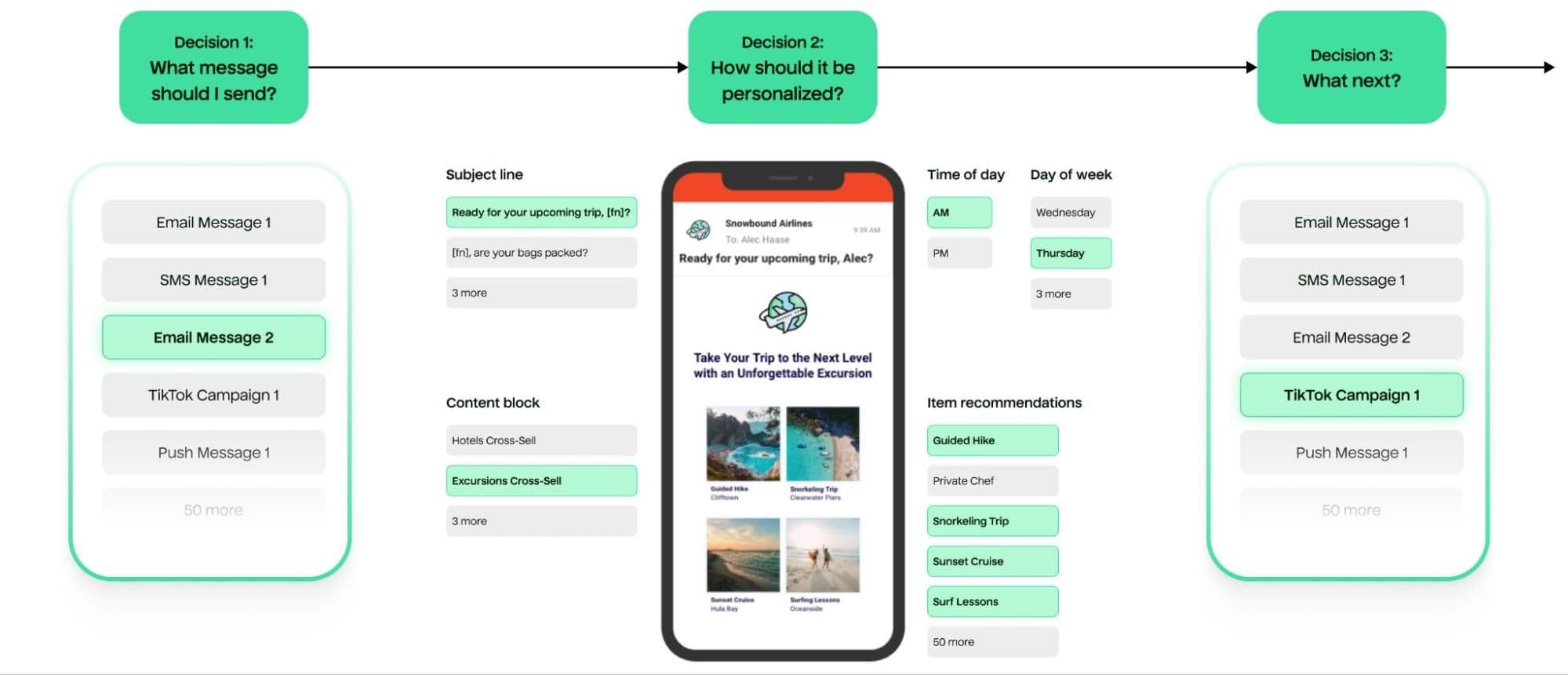
AI agents shine in use cases like powering cross-sell and upsell strategies for Travel & Hospitality brands
Why Hightouch is betting on AI agents
At Hightouch, we believe AI agents are the future of marketing. That’s why we built AI Decisioning, a platform that brings AI agents to life for marketing teams.
With AI Decisioning, marketers create their own AI agents. They define goals—like increasing retention or boosting cross-sell rates—and creative guardrails, while the AI agents autonomously determine the best experiences across your existing tools and channels. The agents continuously experiment, learn from outcomes, and evolve your campaigns while keeping marketers in the driver’s seat.
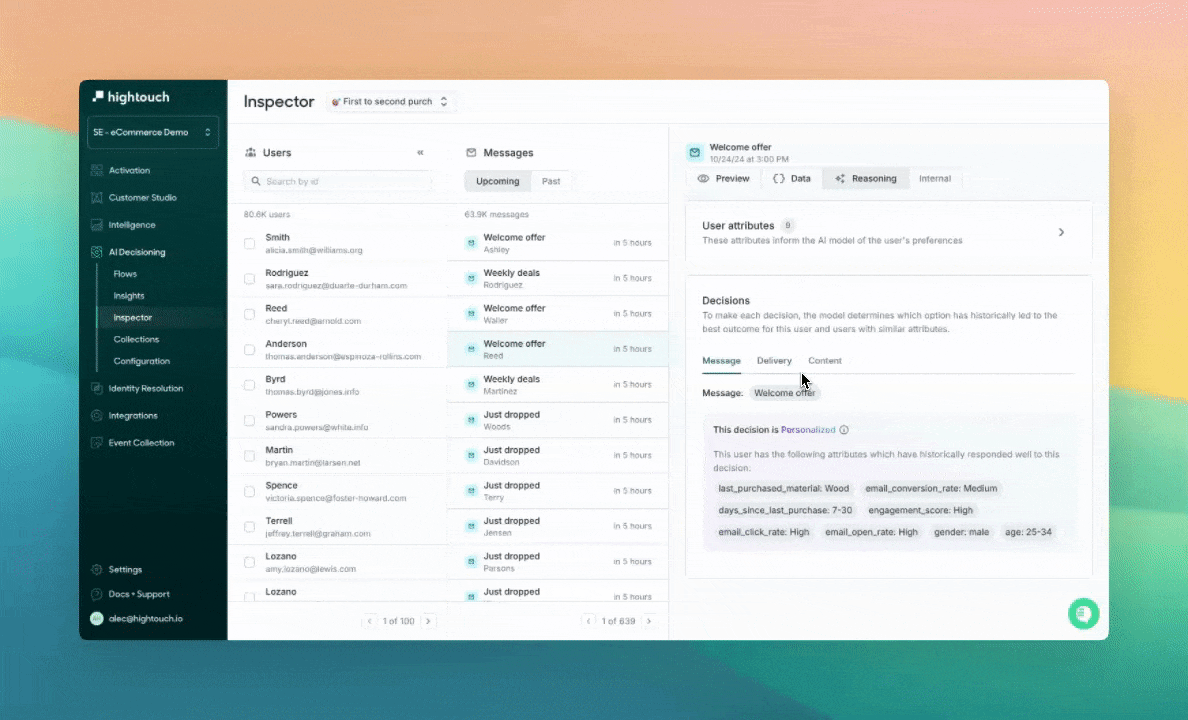
AI Decisioning offers full transparency so marketers can trust every decision while ensuring compliance and control.
Closing thoughts
AI agents aren’t just another tech trend—they’re a paradigm shift. They’re changing the way marketers think about personalization and marketing execution, enabling a new era of smarter, faster, and more impactful marketing.
But let’s be clear: AI agents aren’t here to replace creativity or human insight. They’re here to amplify what’s possible, taking on the repetitive, time-consuming tasks so marketers can focus on deeply understanding their audience, crafting compelling stories, and driving strategy. In the coming years, AI agents will become a staple of marketing strategies everywhere.
Want to learn more about AI Decisioning? Get a demo with our team today.






